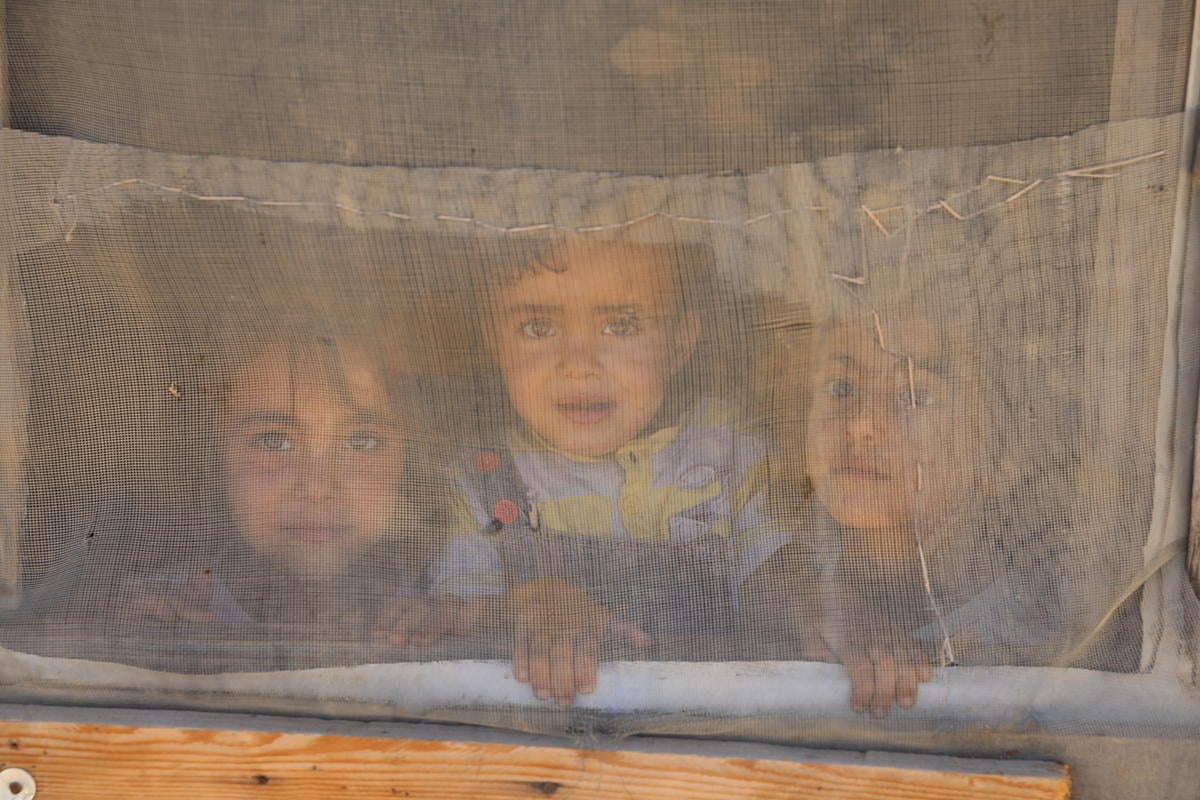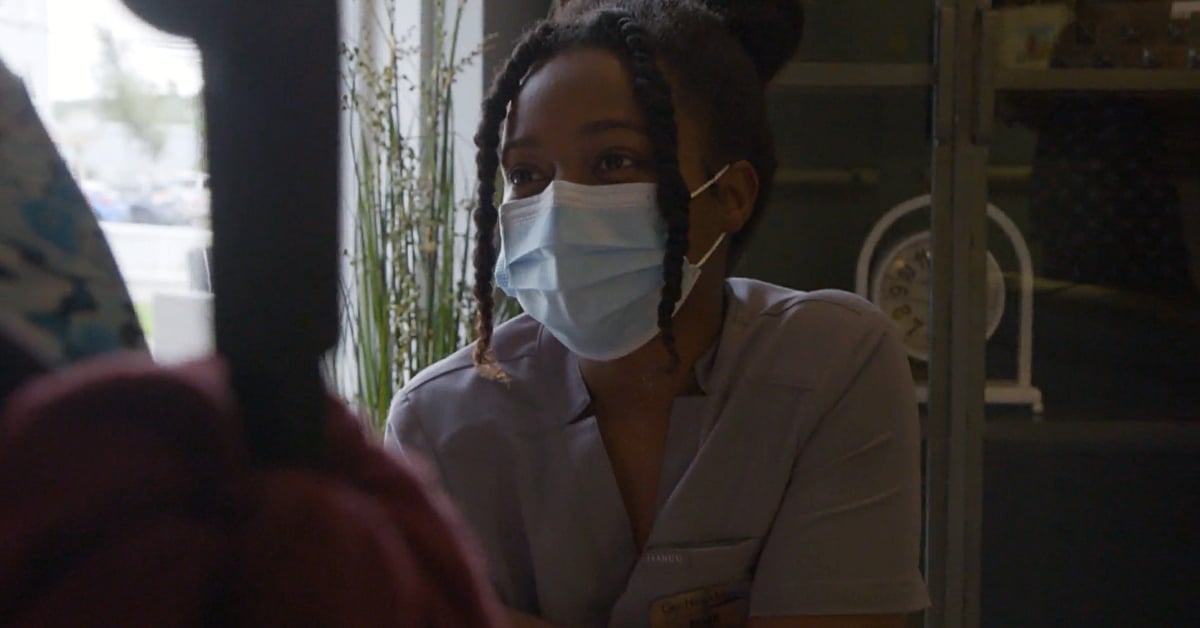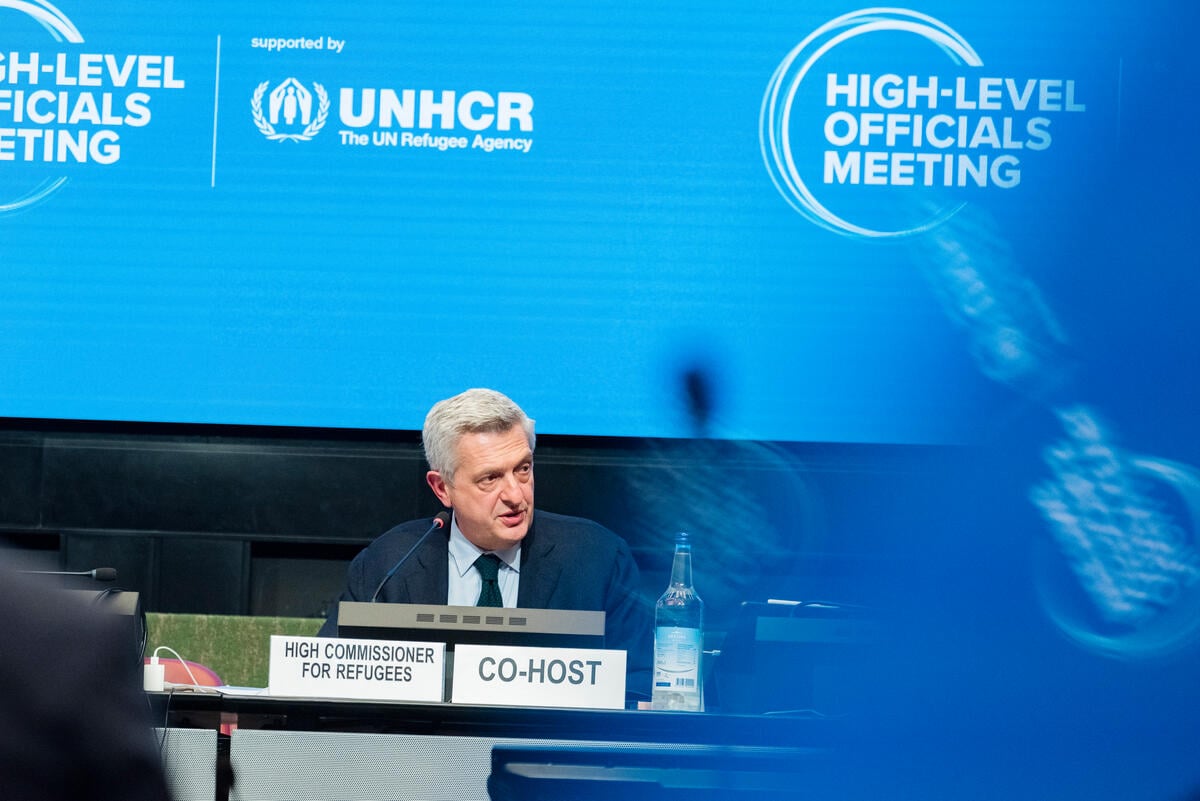Resettlement programme ends at Egypt's Saloum as Libya crisis wanes
Resettlement programme ends at Egypt's Saloum as Libya crisis wanes
Effective Sunday, newly arriving third country nationals from Libya at Egypt's Saloum border will not be processed for resettlement by UNHCR. People already at Saloum will not be affected and work will continue on finding solutions for them, including resettlement for those found to be refugees. But anyone arriving after Sunday and seeking resettlement will no longer be processed for resettlement.
Saloum has been one of the main sites over recent months for people fleeing the crisis in Libya. Since the start of the conflict in February 37,866 third-country nationals have been evacuated from Saloum by IOM and UNHCR. In addition, some 900 refugees have been submitted for resettlement, with 163 having departed so far. The decision to halt further resettlement out of Saloum is based on a marked improvement in the situation in eastern Libya, and because UNHCR is refocusing its protection and assistance efforts inside Libya including RSD and resettlement. At Saloum we have started to see arrivals of people who were neither residents of Libya, nor affected by the conflict there - such people fall outside the scope of the Saloum operation objectives of helping Egypt meet the humanitarian and protection needs of people displaced by fighting in Libya.
As of 20 October there were 1,816 people still at Saloum. Approximately half of these people have been submitted for resettlement, and most others are awaiting the completion of refugee status determination. Prior to the crisis in Libya there were some 11,000 refugees and asylum-seekers registered there with UNHCR. More are expected to register in the near future.
UNHCR offices in Tripoli and Benghazi are providing assistance to several groups in Tripoli, Kufrah and Gariyet. Through cash-for-work schemes, UNHCR is seeking to facilitate progressive self-reliance and urban integration of refugees and asylum-seekers. UNHCR staff operate hotlines, conduct counseling sessions, and do regular home visits. Basic cash assistance, medical care and educational support continue to be important during this period of transition.
For further information on this topic, please contact:
- In Geneva: Sybella Wilkes on mobile +41 79 557 91 38








